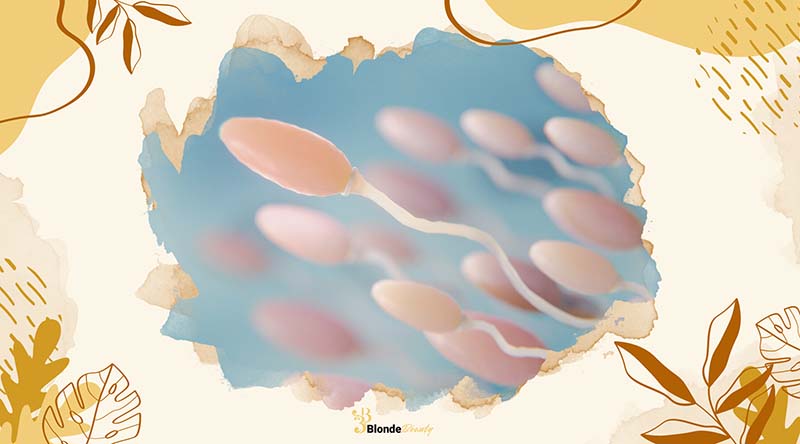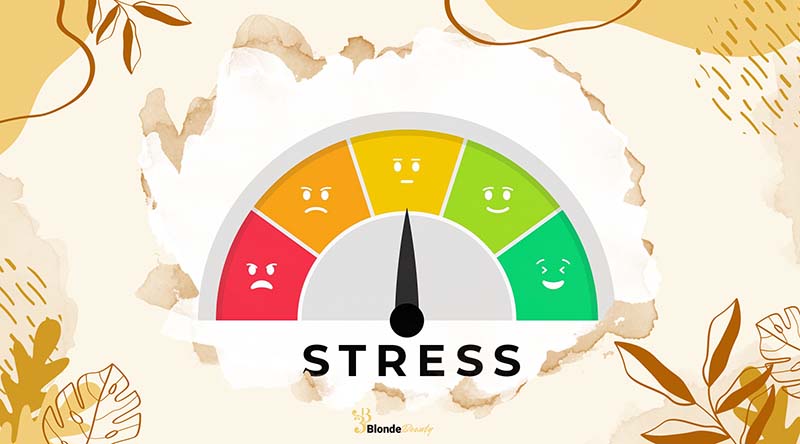Semen retention, a trend gaining popularity lately and often linked to discussions about its effects on testosterone levels, involves holding back from ejaculation for possible health perks. These benefits are thought to cover physical, spiritual, and mental aspects. Despite its buzz in recent times, this practice has ancient roots in cultures like India and China.
In this piece, we’ll explore the history of semen retention and its contemporary standing, including its supposed benefits, such as any influence on testosterone levels, and potential downsides.
We’ll also detail how it works, when avoiding ejaculation might not be advisable, and address the central question: Does semen retention boost testosterone?
You should also read the following articles:
- Disadvantages of Releasing Sperm Daily: Key Insights
- Beetroot Powder Benefits for Men: Truth or Myth?
- Is Onion a Natural Remedy for Erectile Dysfunction? Tips to Use
Does Semen Retention Increase Testosterone?
While proponents of semen retention might reference a study from 2002 suggesting a significant increase in testosterone levels after abstaining from masturbation for seven days, urologist Joshua Calvert, M.D., cautions against drawing firm conclusions.
He notes that there is a lack of credible evidence supporting the idea that semen retention consistently boosts testosterone.
In the study mentioned by Calvert, researchers observed no sustained increase in testosterone levels beyond the initial spike on the seventh day of abstinence.
Additionally, more recent research suggests that masturbating may actually lead to increased testosterone levels. However, further investigation is needed to fully understand the relationship between ejaculation frequency and testosterone levels.

Risks of Retaining Sperm
While generally considered safe, sperm retention comes with important considerations. It’s not guaranteed to be a positive experience for everyone, and there are potential risks to be aware of.
Epididymal hypertension, also known as “blue balls,” is a common discomfort that can occur when ejaculation doesn’t happen for an extended period. This condition can lead to pain and discomfort in the testicles due to the buildup of pressure.
Additionally, mood disorders such as anxiety or mood swings may arise when sexual energy is held back instead of being released through ejaculation. It’s important to be mindful of these potential risks before deciding to engage in sperm retention.
How Often Should You Ejaculate?
The ideal frequency for ejaculation varies from person to person, but a generally healthy range is around two times per week.
However, it’s important to note that this figure isn’t set in stone and can differ for each individual.
If maintaining this frequency proves difficult or if you notice a significant decrease in desire or performance, reevaluating your habits and seeking professional guidance is advisable.

5 Great Effects of Frequent Ejaculation
Exploring the benefits of frequent ejaculation offers insights into its positive impacts, ranging from stress relief to enhanced heart and prostate health
Reduce Stress and Fatigue
Regular ejaculation may alleviate stress and anxiety, thereby increasing motivation for daily tasks and goal achievement.
By abstaining from ejaculation, individuals may experience a renewed sense of self-control and vigor, attributed to elevated testosterone levels.

Reduce the Risk of Heart Disease
Studies indicate that individuals engaging in sexual activity two or more times per week have a reduced risk of heart disease compared to those with less frequent sexual activity.
This benefit is attributed to the exercise-like nature of sex, which can enhance overall blood flow, including to the penis, potentially improving cardiovascular health.

Increase Prostate Health
Research suggests that frequent ejaculation, specifically 21 times or more per month, correlates with a decreased risk of prostate cancer by approximately 31% compared to lower ejaculation frequencies.
This finding underscores the potential protective effect of regular ejaculation on prostate health.
Helps Keep Genital Organs Healthy
While there’s a belief that abstaining from ejaculation for extended periods may lead to more intense orgasms, a 2001 study found that a three-week period of abstinence did not affect the sensations experienced during ejaculation.
This suggests that regular ejaculation may not significantly impact orgasm intensity.
Sleep Support
Adequate sleep is crucial for testosterone production and overall hormonal balance. Studies have shown that insufficient sleep can lead to decreased testosterone levels, resulting in poor sleep quality and disruptions.
Conversely, prioritizing sufficient sleep can help optimize testosterone production, leading to improved sleep quality and overall well-being.

Conclusion
In conclusion, when questioning “Does Semen Retention Boost Testosterone?”, it’s crucial to note that evidence is sparse, making solid conclusions elusive. Similarly, there’s little to suggest significant health risks tied to semen retention.
People have the liberty to abstain from sexual activities for periods they see fit, venturing into practices such as edging or tantric sex to amplify their sexual enjoyment. Given the lack of concrete advice on ejaculation frequency, experimenting to find what’s most comfortable and satisfying on an individual level is advised.
Ultimately, it’s personal preference and individual experiences that should steer decisions around sexual activities, especially concerning semen retention’s potential effects on testosterone levels.
Visit other Blondebeauty articles to gain more health knowledge.

Laureate Professor Clare Collins
Professor Clare Collins is a leading expert in nutrition and dietetics at the School of Health Sciences, part of the College of Health, Medicine and Wellbeing. Her work is changing the way we think about food and health. She grew up as one of nine children and was the first in her family to finish high school and go to college. This background gave her a strong work ethic and a deep appreciation for seizing opportunities.
As the Director of the Hunter Medical Research Institute’s Food and Nutrition Program and a recipient of three NHMRC Research Fellowships, Professor Collins is making a big difference in public health. She focuses on helping people who are often overlooked, using new technologies like apps and online programs to improve their nutrition and reduce the risk of chronic diseases.
Professor Collins is well-respected and has been recognized as a Fellow in four major health and science organizations. She leads a diverse team of experts, including dietitians, computer scientists, and engineers, working together on global health projects.
Her achievements are impressive. She has received over $29 million in research funding, published more than 450 papers, and helped 35 PhD and Master’s students complete their degrees. She’s also active in sharing her knowledge with the public. She has developed tools like the Australian Eating Survey and the Healthy Eating Quiz, and she often appears in the media to talk about nutrition.
PUBLISHED ARTICLES
- Collins, C. (2019). “The Effect of a Pilot Dietary Intervention on Pain Outcomes in Patients Attending a Tertiary Pain Service.”
- Collins, C. (2022). “Variation in cardiovascular disease risk factors among older adults.”
- Collins, C. (2022). “Evaluation of an online intervention for improving stroke survivors’ health-related quality of life: A randomised controlled trial.”
These articles show Professor Collins’s commitment to understanding how better nutrition can improve health. Her work is important for researchers, doctors, and anyone interested in healthy living.
